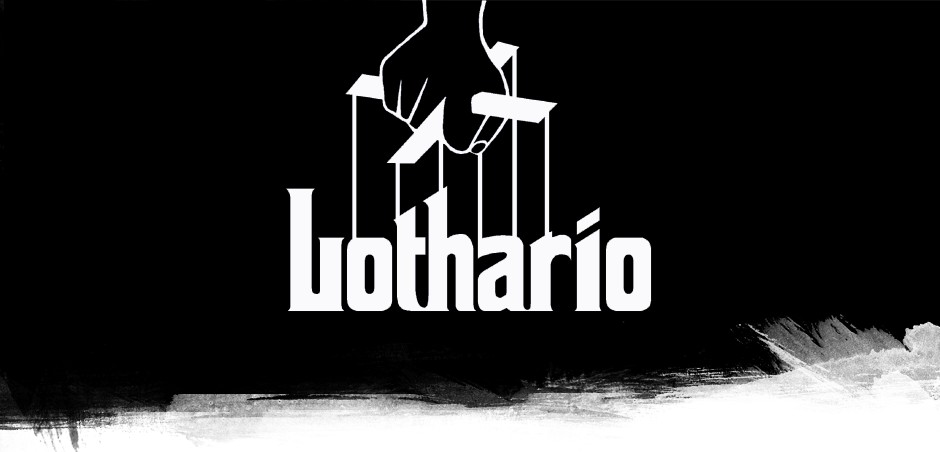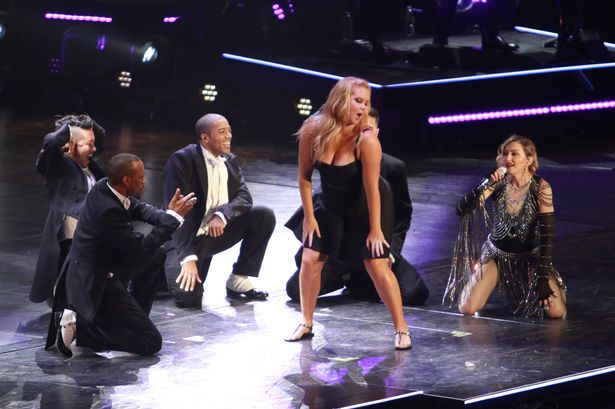Lothario
Lothario: noun | loh-THAIR-ee-oh
 Definition
Definition
: a man whose chief interest is seducing women
: lady-killer
Word Origin and History for Lothario
Masculine proper name, Italian form of Old High German Hlothari, Hludher (whence German Luther, French Lothaire), literally “famous warrior,” from Old High German lut (see loud ) + heri “host, army” (see harry (v.)). As a characteristic name for a lady-killer, 1756, from the name of the principal male character of Nicholas Rowe’s “The Fair Penitent” (1703).
Did You Know?
 Lothario comes from The Fair Penitent (1703), a tragedy by Nicholas Rowe. In the play, Lothario is a notorious seducer, extremely attractive but a haughty and unfeeling scoundrel beneath his charming exterior. He seduces Calista, an unfaithful wife and later the fair penitent of the title. After publishing the play, the character of Lothario became a stock figure in English literature. For example, Samuel Richardson modeled the character of Lovelace on Lothario in his 1748 novel Clarissa. As the character became well known, his name became progressively more generic, and lothario (often capitalized) has since been used to describe a foppish, unscrupulous rake.
Lothario comes from The Fair Penitent (1703), a tragedy by Nicholas Rowe. In the play, Lothario is a notorious seducer, extremely attractive but a haughty and unfeeling scoundrel beneath his charming exterior. He seduces Calista, an unfaithful wife and later the fair penitent of the title. After publishing the play, the character of Lothario became a stock figure in English literature. For example, Samuel Richardson modeled the character of Lovelace on Lothario in his 1748 novel Clarissa. As the character became well known, his name became progressively more generic, and lothario (often capitalized) has since been used to describe a foppish, unscrupulous rake.
Examples of LOTHARIO
“He was now quite an elderly Lothario, reduced to the most economical sins; the prominent form of his gaiety being this of lounging at Mr. Gruby’s door, embarrassing the servant-maids who came for grocery, and talking scandal with the rare passers-by.”
— George Eliot, Scenes of Clerical Life, 1858
“He probably even envisioned himself as a prized Lothario, never for a moment identifying with this observation by the great songwriter Kinky Friedman: ‘Money can buy you a fine dog, but only love can make him wag his tail.'”
— Joe Fitzgerald, The Boston Herald, 16 Oct. 2017
My Take
Seeing today’s word at Merriam-Webster’s site gave me great joy. I couldn’t believe my eyes at first. Finally the most prominent smile crossed my face, starting my day off with a bang.
 I discovered this word in researching my Mona Bendarova books. In the first book, ‘The Taste of Honey,’ I introduced a club where the estate owners would hang out, drink and socialize. At the time, I called it the Club. However, when I wrote the sequel, ‘Broken Steele’ I decided to give it a name.
I discovered this word in researching my Mona Bendarova books. In the first book, ‘The Taste of Honey,’ I introduced a club where the estate owners would hang out, drink and socialize. At the time, I called it the Club. However, when I wrote the sequel, ‘Broken Steele’ I decided to give it a name.
After thinking about it, and researching the idea, I decided upon the name Club Lothario and even its own website ClubLothario.com. The name fits in perfectly with the membership of the club and their favorite pastimes. One definition, ‘lady-killer,’ is perfect for the storylines. I hope you will read the stories and discover for yourself, the society Mona, Charles and the rest of them live in harmony together. Maybe I’ll see you at the club. If so, I’ll buy you a drink.
I love learning the different contexts of these words of the day. Do you? Please share your comments. I’m sure we would all like to read them.
Have a great day.
Brought to you by Merriam-Webster, Word of the Day.
 Did the Easter bunny bring you a beautiful basket, painted egg, or a chocolate version of himself? On this morning and as a child, I’d find a charming basket filled with jelly beans, marshmallow chicks, chocolate eggs and, of course, a chocolate Easter bunny.
Did the Easter bunny bring you a beautiful basket, painted egg, or a chocolate version of himself? On this morning and as a child, I’d find a charming basket filled with jelly beans, marshmallow chicks, chocolate eggs and, of course, a chocolate Easter bunny.









